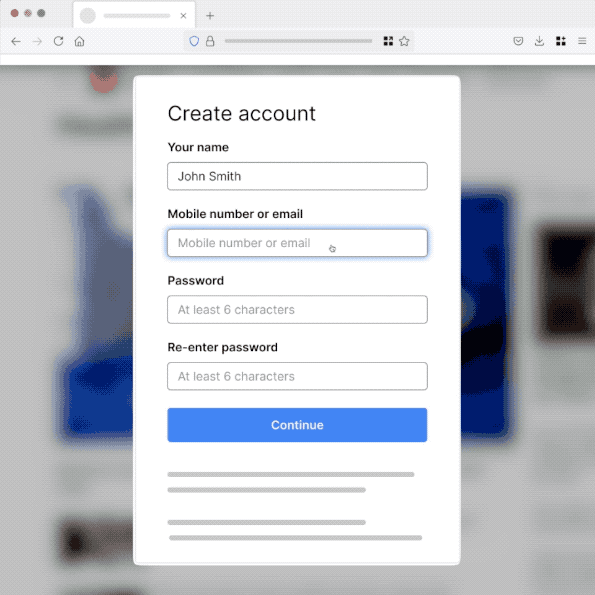Firefox announced today that its Total Cookie Protection (TCP) feature that protects users from trackers is now available on Android. The feature, which will be turned on by default, will prevent cross-site tracking. This way, trackers won’t be able to gather data about your browsing behavior for targeted advertising.
TCP was introduced in 2021, but it was limited to Firefox’s enhanced tracking protection (ETP) mode. So users had to manually select that security level to enable protection from cookie-based tracking. Last year, the company made TCP available and turned on by default in all modes on Firefox for Windows, Mac and Linux. The browser is not getting rid of cookies entirely. Instead, it maintains a “separate cookie jar” for each site to maintain your data within that silo.
TCP on Android will start rolling out to users starting today and will be available to all users by next month.
In contrast to Firefox, Google has delayed its move from deprecating third-party cookies on Chrome — now set to roll out sometime in 2024.
Mozilla is also testing a new feature of generating a Firefox Relay — an email proxy service — on the fly during a site’s sign-up process. The company says that on some sites — Firefox didn’t specify which — the tool will prompt users to use one of the existing proxy email addresses or create a new one. Mozilla says that it plans to extend this feature to all users and more sites later this year.

Image Credits: Firefox
Firefox Relay’s masking service offers five email addresses for free. But with its premium service — which has plans starting at $0.99 per month — you can get unlimited email addresses.
Last month, Firefox for Android also got new extensions for removing tracking elements before sharing a URL and listing to articles.
